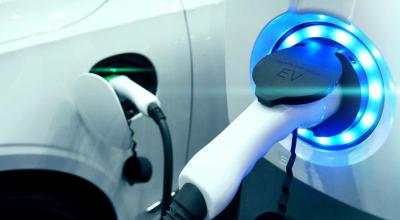Porsche 992 GT3 RS Gets Even More Extreme With Manthey Racing Upgrades

by AutoExpert | 22 November, 2024
Porsche’s 992 GT3 RS is already a track beast straight from the factory, but Manthey Racing, the motorsport masterminds from Germany, have taken it to another level. They’ve just unleashed their much-anticipated performance kit for the GT3 RS, and it’s even more radical than anyone expected.
At the heart of the upgrades is a massive carbon panel that replaces the rear window. It’s 25% lighter and comes with a shark-like vertical fin, inspired by Porsche’s 963 endurance racer. The fin doesn’t just look aggressive; it improves cornering stability and funnels cooler, denser air into the engine by pushing away the warm air around the radiators.

The aero improvements don’t stop there. Manthey’s kit adds wheel-arch Gurney flaps, dive planes on the front bumper, and a carbon splitter. The rear wing gets even more aggressive with larger end plates, while the rear diffuser is now wider with longer fins. Carbon disc-shaped covers smooth out airflow around the rear wheels. All these upgrades add up to a massive increase in downforce, with the Manthey-kitted GT3 RS generating over 2,205 lbs (1,000 kg) of downforce at 177 mph (285 km/h), compared to the stock car’s 1,900 lbs (860 kg).

To handle all that extra downforce, the kit includes stiffer suspension components, with 30% stiffer springs up front and 14% stiffer ones at the rear. The dampers are electronically adjustable across three modes, plus manual adjustments in the Track setting. Racing-spec brake pads complete the mechanical upgrades, while Manthey wisely left the stock 518 hp (525 PS) naturally aspirated 4.0-liter flat-six untouched.

All this comes at a price: €76,911 ($80,300) on top of the GT3 RS’s starting price of $241,300. Developed in collaboration with Porsche’s R&D team at Weissach, the kit is available through official Porsche dealers. Manthey promises the new setup will shave significant time off the GT3 RS’s 6:49.3 Nürburgring lap, though bad weather has so far prevented official testing.


















